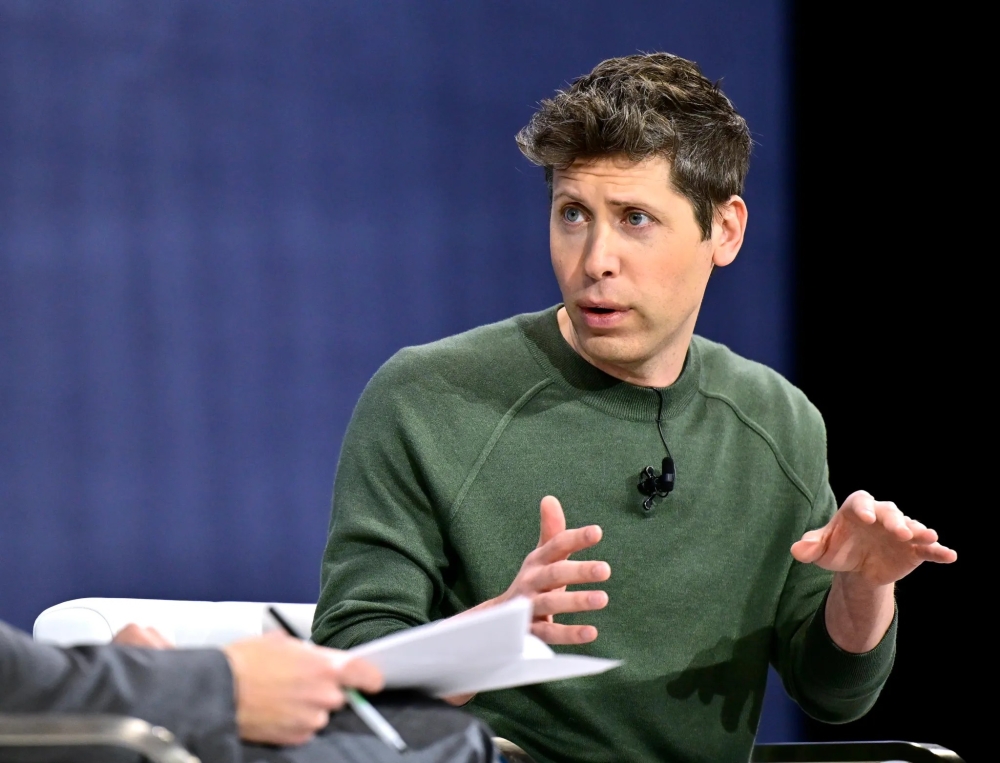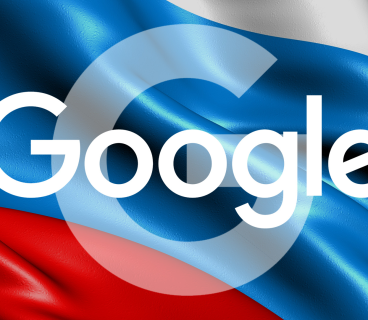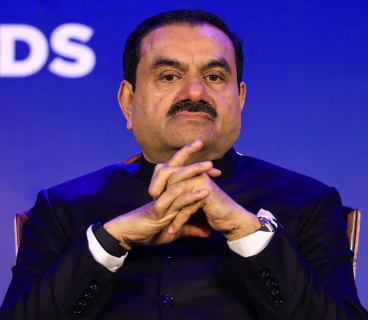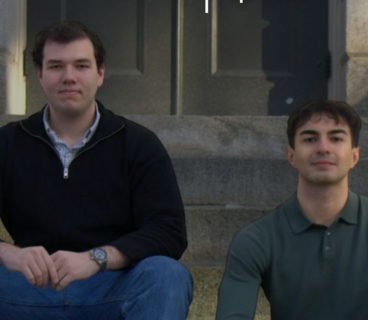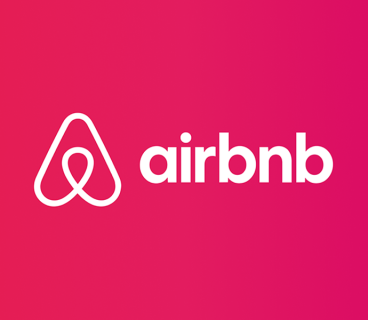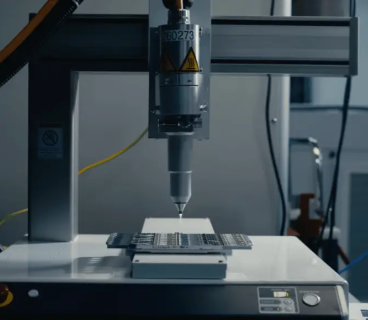OpenAI CEO Sam Altman shared his thoughts on how artificial intelligence will change human life in the future in his essay titled "The Gentle Singularity." Altman believes that artificial general intelligence (AGI) will become a reality soon and notes that OpenAI has made significant progress in this direction.
According to him, in 2026, AI systems will likely be able to provide new and original insights—so-called "novel insights." While this statement remains somewhat broad, OpenAI’s leadership is working to develop AI that better understands the world and generates new ideas.
In April, OpenAI introduced new AI models called o3 and o4-mini. The company’s co-founder Greg Brockman stated that these models are already helping scientists generate new and useful ideas. Altman’s recent essay indicates that OpenAI plans to further focus on enhancing AI’s potential in this area next year.
It is important to note that OpenAI is not alone in this effort. Other technology companies and startups are also directing AI toward generating new hypotheses and discoveries in scientific research. For example, in May, Google released an AI agent named AlphaEvolve, which has developed novel approaches to complex mathematical problems. Additionally, FutureHouse, a startup backed by former Google CEO Eric Schmidt, claims its AI has made genuine scientific discoveries. Anthropic has also launched new programs to support scientific research.
If successful, these efforts could automate key parts of scientific research and potentially revolutionize industries such as drug discovery, materials science, and other science-driven fields.
However, the scientific community remains cautious about AI’s ability to produce truly original insights. For instance, Tomas Wolf, Chief Science Officer at Hugging Face, stated that current AI systems still lack the ability to ask creative questions, which is essential for scientific breakthroughs. Kenneth Stanley, a former OpenAI researcher, has also pointed out that AI models today have limitations in generating new hypotheses.
Currently, Stanley is building a lab at Lila Sciences focused on enabling AI to generate more creative and compelling hypotheses. This is a challenging task because it requires teaching AI to distinguish what is creative and interesting.
Sam Altman’s essay provides clues about the future direction of OpenAI. It is expected that next year the company will intensify its efforts to develop AI capable of producing novel and original insights.

